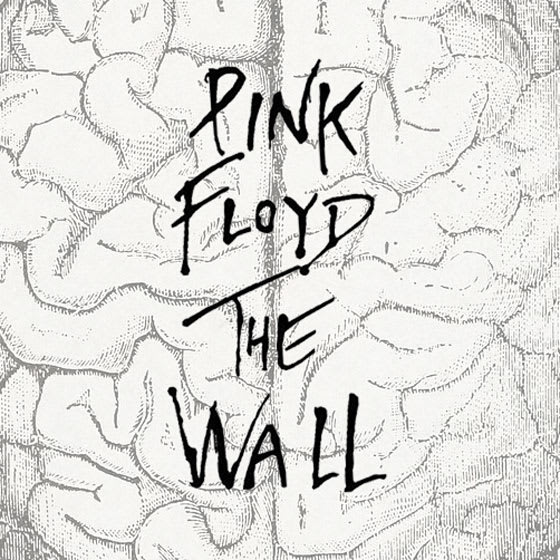Neuroscientists have reconstructed a piece of Pink Floyd's "Another Brick in the Wall" using recorded brainwaves, marking the first time a recognizable song has been decoded from the brain's electrical activity.
Per a study published by journal PLOS Biology, researchers at California's UC Berkeley analyzed data from 29 neurosurgical patients who were played a three-minute segment of "Another Brick in the Wall, Part 1," from the iconic band's 1979 rock opera The Wall.
The patients' electrical activity was recorded using over 2,000 electrodes placed directly on the surface of their brains. Researchers then used an artificial intelligence model to decode the recordings, and then encode a reproduction of the sounds and words.
A snippet of the study's findings has been published via The Guardian, which you can hear below. Though muffled, the phrase "All in all, it's just another brick in the wall" is recognizable, both rhythmically and melodically.
Members of UC Berkeley's lab had previously taken a similar approach to decipher speech from brain recordings, but with music in play, they paid particular attention to electrode data from regions of the brain concerned with prosody — elements of speech including intonation, stress, and rhythm.
"Music, by its very nature, is emotional and prosodic — it has rhythm, stress, accent and intonation. It contains a much bigger spectrum of things than limited phonemes in whatever language, that could add another dimension to an implantable speech decoder," neurologist Robert Knight, who conducted the study at UC Berkeley, told The Guardian.
Of those aforementioned speech reconstruction, Knight shared with the publication that, "in general, all of these reconstruction attempts have had a robotic quality." It is hoped that these new, more musical findings could lead to a greater musicality of speech for people who have had their ability to communicate impaired by neurological conditions — something Pink Floyd would later explore in sampling late physicist Stephen Hawking on 1994 song "Keep Talking."
"It sounds a bit like they're speaking underwater," Knight said, "but it's our first shot at this."
Per a study published by journal PLOS Biology, researchers at California's UC Berkeley analyzed data from 29 neurosurgical patients who were played a three-minute segment of "Another Brick in the Wall, Part 1," from the iconic band's 1979 rock opera The Wall.
The patients' electrical activity was recorded using over 2,000 electrodes placed directly on the surface of their brains. Researchers then used an artificial intelligence model to decode the recordings, and then encode a reproduction of the sounds and words.
A snippet of the study's findings has been published via The Guardian, which you can hear below. Though muffled, the phrase "All in all, it's just another brick in the wall" is recognizable, both rhythmically and melodically.
Members of UC Berkeley's lab had previously taken a similar approach to decipher speech from brain recordings, but with music in play, they paid particular attention to electrode data from regions of the brain concerned with prosody — elements of speech including intonation, stress, and rhythm.
"Music, by its very nature, is emotional and prosodic — it has rhythm, stress, accent and intonation. It contains a much bigger spectrum of things than limited phonemes in whatever language, that could add another dimension to an implantable speech decoder," neurologist Robert Knight, who conducted the study at UC Berkeley, told The Guardian.
Of those aforementioned speech reconstruction, Knight shared with the publication that, "in general, all of these reconstruction attempts have had a robotic quality." It is hoped that these new, more musical findings could lead to a greater musicality of speech for people who have had their ability to communicate impaired by neurological conditions — something Pink Floyd would later explore in sampling late physicist Stephen Hawking on 1994 song "Keep Talking."
"It sounds a bit like they're speaking underwater," Knight said, "but it's our first shot at this."
